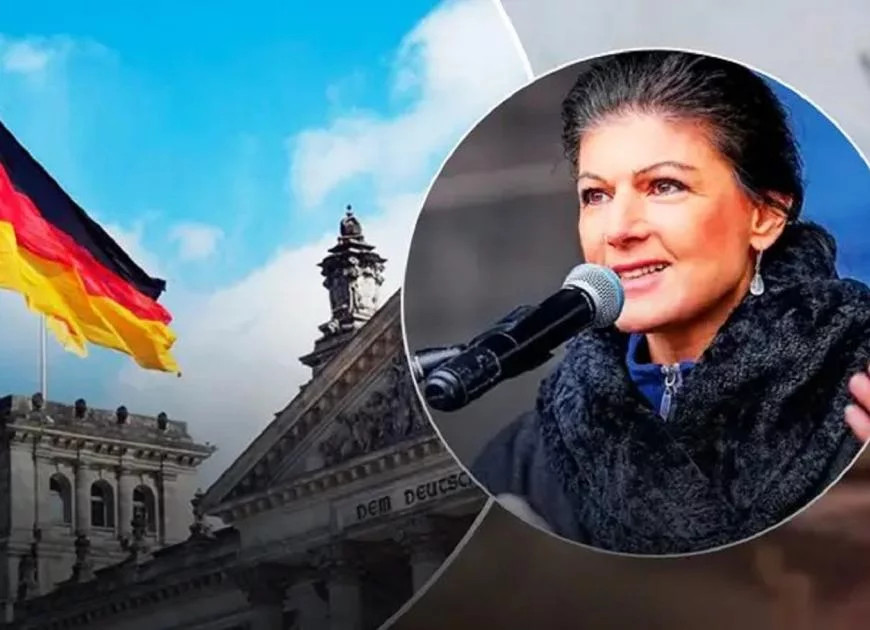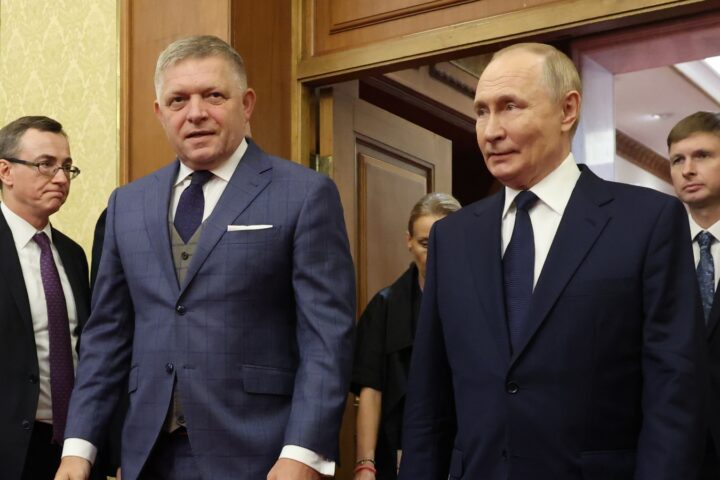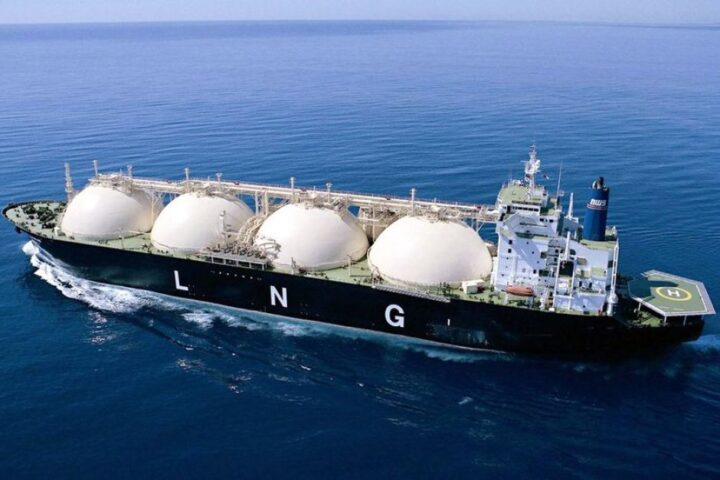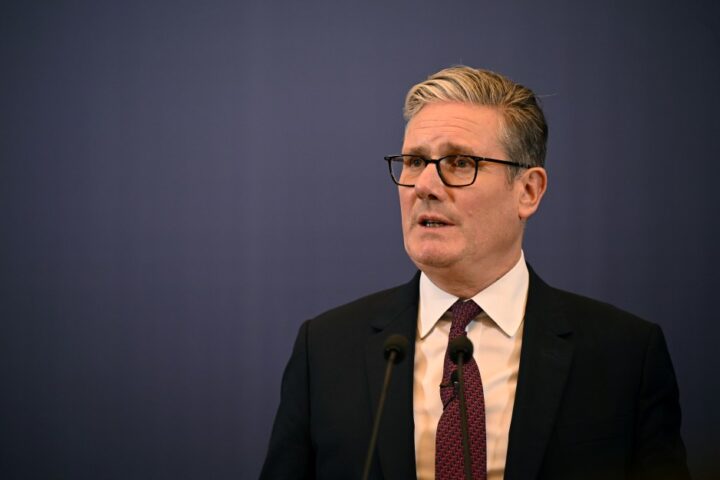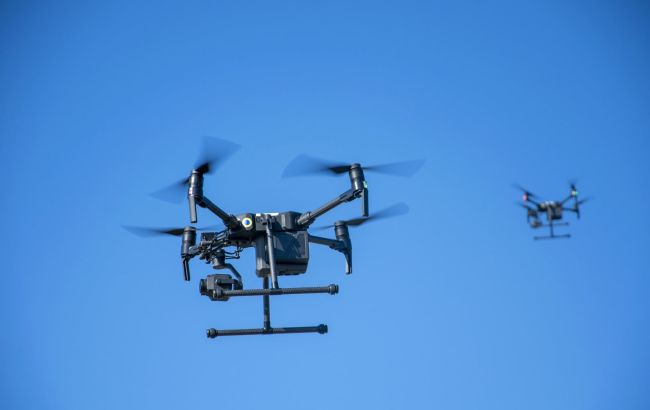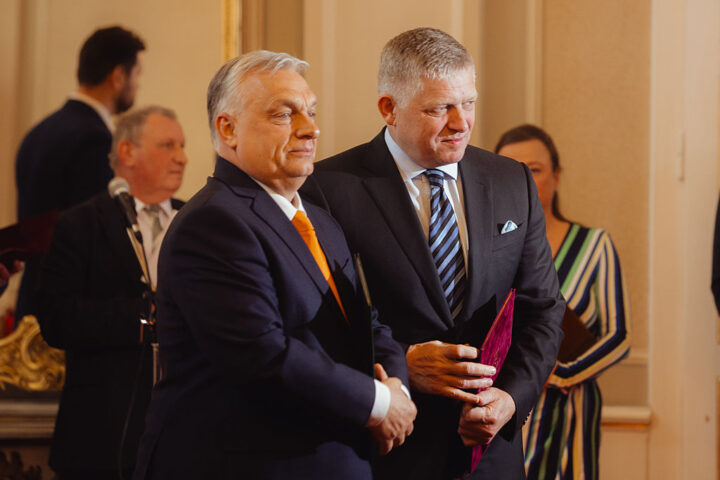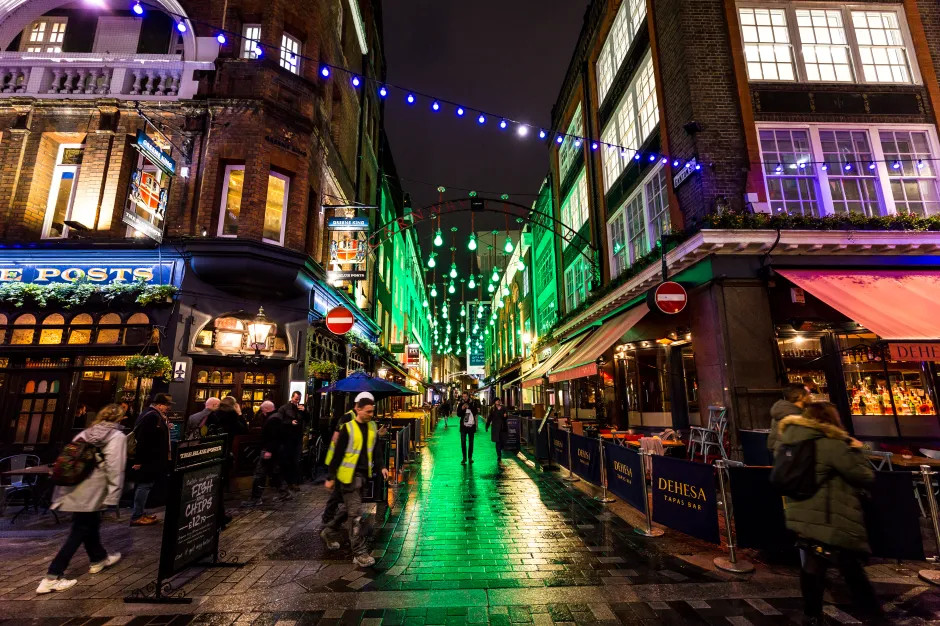As June 12 arrives, many Russians mark Russia Day more as a long weekend than a celebration of national progress—nostalgic for the Soviet era. Yet the past thirty years have not been kind to modern Russia.
Industrial Decline and Technological Backslide
The most glaring loss has been in industrial capacity. Once a self-reliant industrial superpower, Russia now lags behind the late Soviet-era in fields like machine tools, electronics, and aviation. The shift from near-total independence to reliance on imports, even in defence, speaks volumes.
Widening Inequality amid Economic Reforms
Post-Soviet “economic reforms” spawned a wealthy elite, while most Russians hover at or below subsistence levels. The Gini coefficient—a measure of income disparity—has risen from around 0.24 in Soviet times to approximately 0.41today.
Collapse of Science and Education
Russia’s once-robust educational system has suffered. Brain drain is rampant: scientists, engineers, and teachers are emigrating en masse, triggering acute skills shortages.
Dependence on Migrant Labour
To fill the void, the Kremlin relies heavily on migrant workers—often less qualified and less integrated, which fuels social pressure.
Shrinking Access to Quality Healthcare and Education
Public services like healthcare and education have effectively become pay-to-play. Many Russians cannot afford them, widening social fractures.
Loss of Superpower Status
The Kremlin has lost its Soviet-era grip over Eastern Europe and parts of Central Asia. Its influence in Ukraine, Georgia, and Moldova has sharply declined. The failure to reassert control has led to continued imperial wars, despite clear warnings from Russian leadership about restoring pre-Cold War status quo.
Economic Fallout: Sanctions and Isolation
Failed military campaigns have economically crippled Russia. Sanctions have obstructed access to Western technology, financial capital, and global markets, eroding domestic trust—only 20–30 % of citizens appear to hold genuine confidence in the state, according to Levada Centre surveys, with the rest exhibiting mere formal loyalty.
Endemic Corruption
Corruption permeates all tiers of authority, from local to federal. Manifestations include bribery, embezzlement, opaque government contracts, and abuse of power. Anti-corruption drives are largely symbolic, often targeting political dissent, not systemic change. The lack of independent courts, free media, or legitimate political competition enrages many Russians.
Culture of Cynicism and Apathy
The public mood is one of disillusionment. What exactly are they celebrating? Many see Russia Day not as a triumph but as a reminder of unfulfilled promises—including failed attempts to rebuild a “dream country”. Instead, Russia finds itself trapped in an endless cycle of aggression and decline.
Despite aggressive foreign policy aimed at asserting superpower status, each conflict deepens its decline, further undermining any chance of true renewal.
Russia’s current path is a closed circle—marked by militarised nostalgia, systemic failure at home, and irreversible international isolation.


